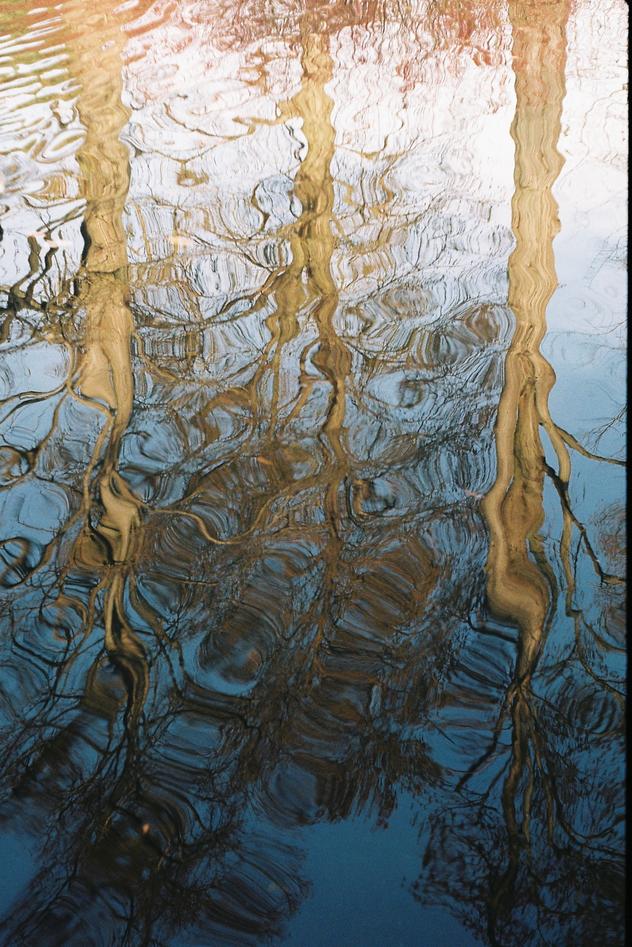Community
Social Acoustics focuses on developing research and material projects that advance questions of socially engaged art practices and cultural agency, and how these may contribute to understandings of community.
Main content
Social Acoustics dual focus on acts of listening from bodily and community perspectives seeks to question the traditional partitioning of experience as bodily/private or collective/public, reconfiguring these as radically open, porous and entangled states. The project draws from the topic of acoustics as the basis for considering struggles over belonging and recognition, where hearing and being heard allow for deeply affective and relational capacities. Here, acoustics acts as a discursive and material framework, where struggles over place, identity, and shared freedom become a process of reorientation and polyvocality: a sounding out that works to retune and recompose a given social or institutional order. In this sense, social acoustics works as a creative and critical platform (and poetic weapon) by which to work through the performativity of compassion and con-sensuality as well as interruption and cacophony that sound and listening often enable.
The project works across artistic and activistic methodologies and knowledges, and looks to foster imaginative situations that may work to challenge states of insecurity. To do so, the project will take shape through constructing experimental sociabilities and scenes that can act as arenas of rehearsal, where expressions of temporary co-existence, dissident imagination, and pirate creativity may be staged.
Inoperative Community:
A central node of the Social Acoustics project is being developed through a concentration on what Jean-Luc Nancy terms “the inoperative community”, which is to be understood as “the passionate sharing of singularities”. Such a conceptualization underscores community as what may work towards an ethics of radical openness rather than cohere around exclusionary narratives of self-containment and statehood. Guiding the research will be the desire to problematize how we understand the public sphere as one of visibility, legibility and appearance. Instead, attention is drawn to the acoustic and what D. Papadopoulos terms “imperceptible politics”: the ordinary practices that may slowly reorder situations of insecurity or injury through an ontological interruption or “worlding endeavor”. As such, inoperative communities come to manifest the public sphere less as declarations of identities and more as diverse states of compassionate being. From such a view, activities will be developed that traverse a range of institutional settings, leading to a concerted intersection of artistic and scientific, activistic and communal partners and contributors. This includes the presentation of workshops, seminars and collective productions of creative work.
Collaborations with self-organized institutions and alternative spaces as well as invited discussion partners will further enable research and material work. Self-organized community centers, underground cultural spaces, forgotten clubs and informal networks will be tested as zones of inoperative community. Their relation to national infrastructures and narratives will be queried, as well as their critical engagement with experiences of crisis or collapse, and how they manifest alternative models of governance.
